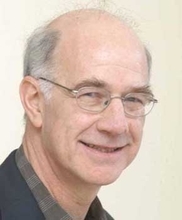
Professor of Sociology
University of California, Berkeley
Michael Burawoy has studied industrial workplaces in different parts of the world -- Zambia, Chicago, Hungary and Russia -- through participant observation. In his different projects he has tried to cast light -- from the standpoint of the workplace -- on the nature of postcolonialism, on the organization of consent to capitalism, on the peculiar forms of working class consciousness and work organization in state socialism, and on the dilemmas of transition from socialism to capitalism. During the 1990s he studied post Soviet decline as "economic involution": how the Russian economy was driven by the expansion of a range of intermediary organizations operating in the sphere of exchange (trade, finance, barter, new forms of money), and how the productive economy recentered on households and especially women. No longer able to work in factories, most recently he has turned to the study of his own workplace - the university - to consider the way sociology itself is produced and then disseminated to diverse publics. Over the course of his research and teaching, he has developed theoretically driven methodologies that allow broad conclusions to be drawn from ethnographic research and case studies. These methodologies are represented in Global Ethnography a book coauthored with 9 graduate students, which shows how globalization can be studied "from below" through participation in the lives of those who experience it. Throughout his sociological career he has engaged with Marxism, seeking to reconstruct it in the light of his research and more broadly in the light of historical challenges of the late 20th and early 21st. centuries.
